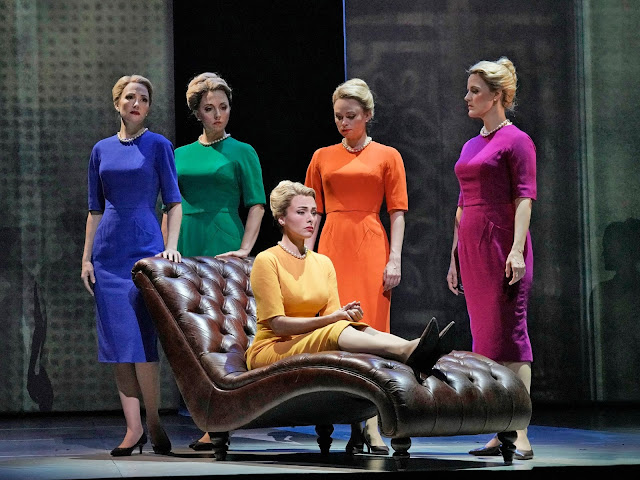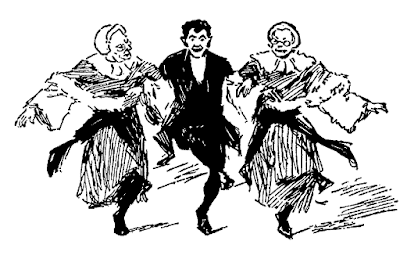Review: Mefistofele

For slightly-more-than-casual opera goers, Arrigo Boito is maybe the third-best-known opera librettist, after Metastasio and Da Ponte. (This is not counting, for completely arbitrary reasons, W.S. Gilbert, who since the decline of opera seria is the only opera librettist to regularly have his name listed before the composer, as well as Richard Wagner, who, of course, wrote his own libretti.) Boito is best known for his work with Giuseppe Verdi. They collaborated on Otello and Falstaff , both generally regarded to be masterpieces, and Boito also worked on the revised version of Simon Boccanegra , which is as underrated an opera as there ever was. It should come as no surprise, therefore, that Mefistofele , the one complete extant opera for which Boito wrote both text and music, should have as well-constructed a libretto as you could hope for. And it does. The biting question is, does the music match up? A scene from Boito's Mefistofele Photo by Karen Almond ...




